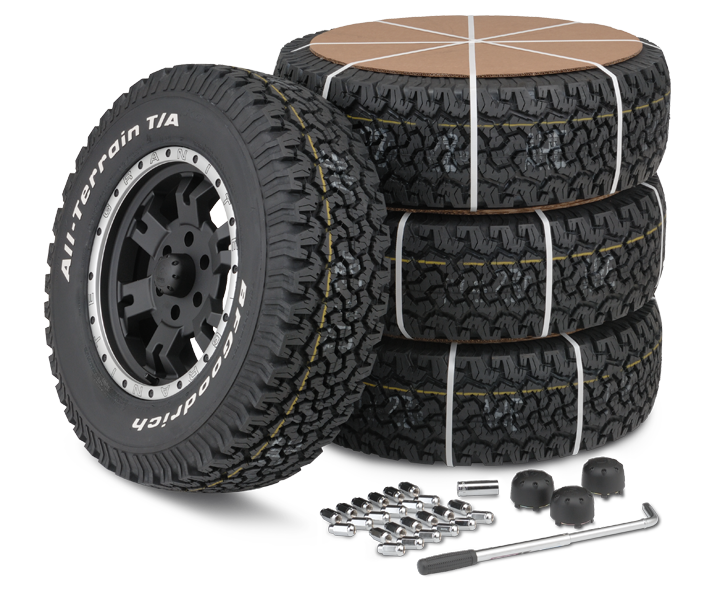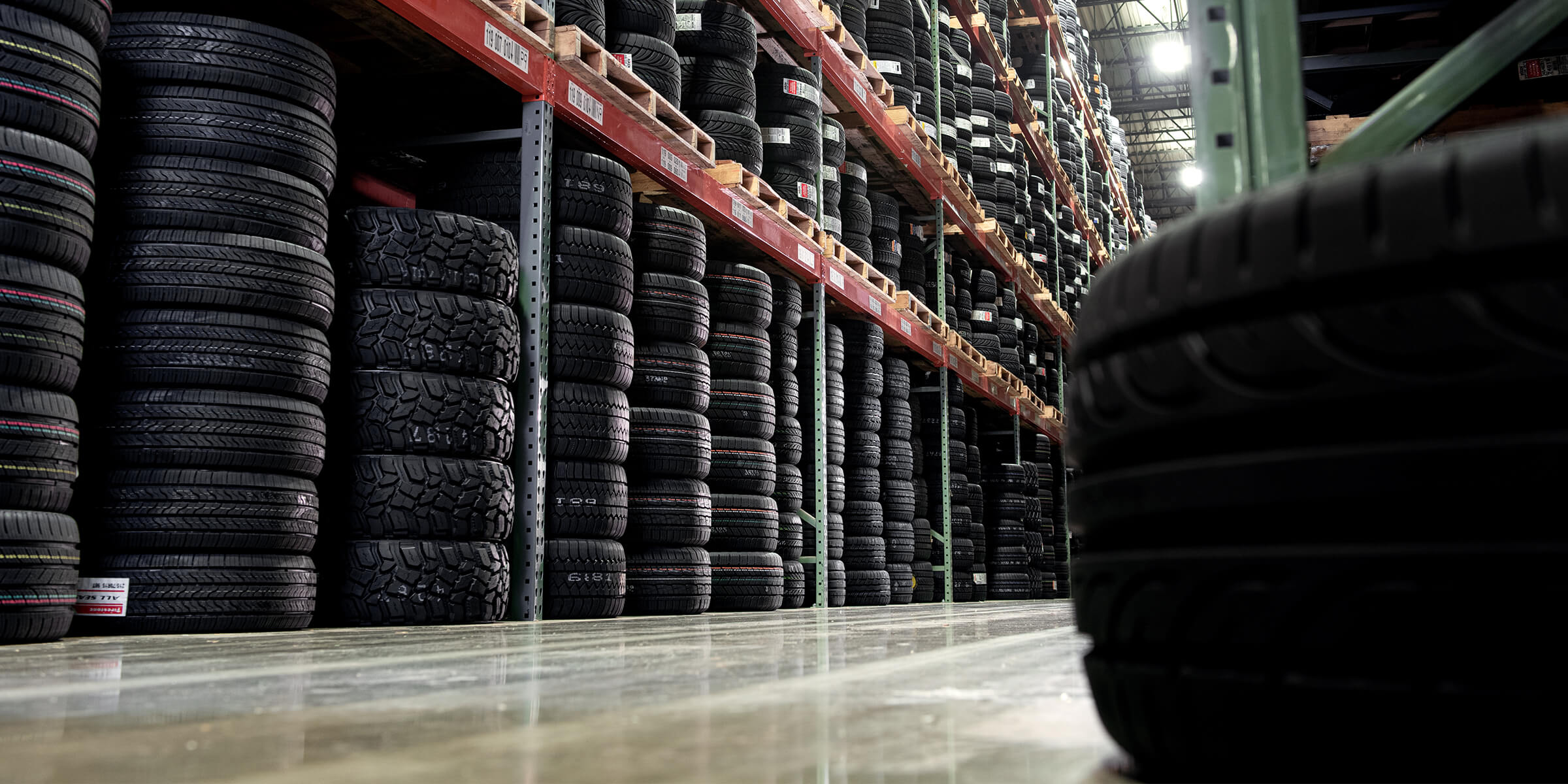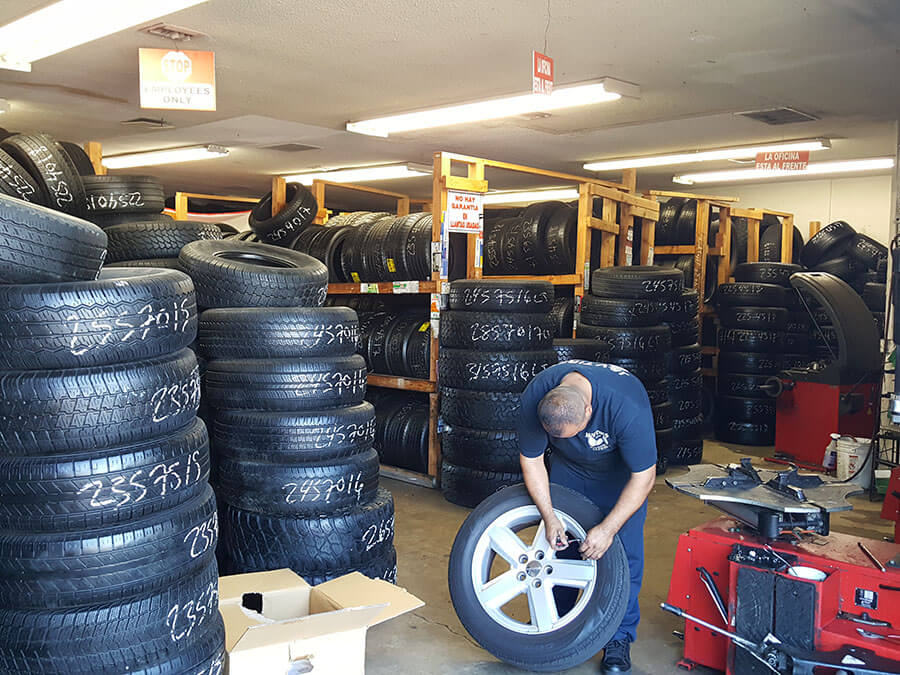Find the most effective Tires Morris IL: Extensive Choice Available
Find the most effective Tires Morris IL: Extensive Choice Available
Blog Article
Tire Solution: Understanding Tire Pressure Monitoring Solutions
Recognizing Tire Stress Surveillance Systems (TPMS) is an important aspect of preserving optimal car efficiency and safety on the road. With advancements in auto modern technology, TPMS has actually become a basic function in modern-day cars, offering real-time details on tire stress levels.

Significance of TPMS
The relevance of Tire Pressure Tracking Solutions (TPMS) hinges on their ability to enhance lorry safety and performance through real-time monitoring of tire stress degrees. Maintaining the right tire stress is crucial for guaranteeing ideal handling, braking, and total safety and security of a lorry. TPMS supplies chauffeurs with instant comments on any type of underinflated or overinflated tires, enabling timely modifications to be made.
Parts of TPMS
Comprising different crucial components, a Tire Pressure Monitoring System (TPMS) works as an advanced safety attribute in modern-day cars. The primary elements of a TPMS consist of sensing units, a control component, and a caution sign. Sensing units are typically situated in the tire shutoff stem or affixed to the wheel assembly, where they determine tire stress and transmit data to the control module. If it finds considerably reduced stress in any of the tires, the control component processes this information and activates a caution. The caution sign, typically a sign on the dashboard, informs the motorist to examine the afflicted tire or tires. Some progressed TPMS models also show the real tire pressure readings for each and every tire, providing vehicle drivers with real-time information to ensure optimum tire performance and security. By checking tire stress continually, TPMS aids avoid accidents, minimizes tire wear, and enhances fuel performance, making it a crucial part for car safety and efficiency.
Types of TPMS

On the various other hand, indirect TPMS counts on the car's wheel rate sensors to check tire stress. This system detects underinflation by contrasting the rotational speeds of the wheels. Indirect TPMS is much less pricey than straight TPMS, as it uses existing sensors within the vehicle.
While straight TPMS offers extra accurate analyses, indirect TPMS is easier in style and generally needs much less upkeep. Both systems have their benefits and restrictions, and the option in between them typically relies on factors such as expense, lorry make, and personal choice. Understanding the differences between these two kinds of TPMS can aid lorry owners make informed choices pertaining to tire upkeep and security.
TPMS Maintenance Tips
Efficient maintenance of TPMS is important for making certain ideal efficiency and safety and security of your car. On a regular basis inspecting the TPMS sensors for any damages or deterioration is essential. Ensure that the sensors are free and clean from debris that can hinder their functioning. In addition, it is advisable to check the sensor batteries regularly and change them as required to assure exact analyses. Conduct regular checks on the tire pressure levels and contrast them with the TPMS analyses to guarantee they are constant. If there are any kind of inconsistencies, alter the system complying with the maker's standards. Additionally, throughout tire turning or replacement, ensure that the TPMS elements are taken care of thoroughly to stop any type of potential damage. Last but not least, if the TPMS advising light brightens on the control panel, address the problem immediately by inspecting the tire pressures and the overall system for any mistakes. By sticking to these upkeep pointers, you can lengthen the life expectancy of your TPMS and improve the security of your driving experience.
Benefits of Correct Tire Stress
Keeping appropriate tire stress, as highlighted in TPMS Maintenance Tips, is crucial for reaping the many benefits linked with optimum tire pressure degrees. One of the key advantages of keeping the proper tire pressure is improved fuel effectiveness. When tires are appropriately pumped up, there is much less moving resistance, resulting in much better fuel economic climate. Furthermore, correct tire stress guarantees also tire wear, prolonging the lifespan of the tires and advertising more secure driving problems. With the ideal tire pressure, lorries additionally have better handling and grip, particularly in negative weather problems. This can boost overall driving efficiency and safety for the driver and guests. Additionally, preserving optimal tire pressure can contribute to a smoother and a lot more comfy experience by lowering resonances and noise triggered by have a peek at this site underinflated tires. In verdict, the benefits of proper tire pressure surpass just tire durability; they incorporate boosted gas effectiveness, enhanced safety, far better car performance, and general driving comfort.
Conclusion
To conclude, description comprehending tire stress monitoring systems (TPMS) is critical for keeping optimum tire stress and making certain vehicle safety. By identifying the significance of TPMS, recognizing with its elements, understanding the different types readily available, sticking to proper maintenance pointers, and realizing the benefits of preserving appropriate tire pressure, chauffeurs can enhance their driving experience and extend the life expectancy of their tires. Correct tire stress is essential to safe and reliable car operation.

Report this page